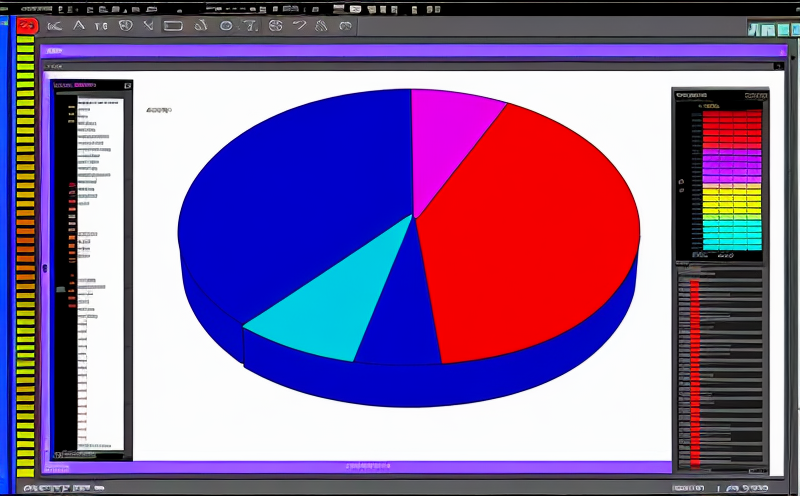JIS K7126 Thermal Expansion Testing of Plastics
The JIS K7126 standard is one of several international standards that ensure the quality and compliance of materials used in various industries. This particular test focuses on determining the thermal expansion coefficient (CTE) of plastics under specific environmental conditions, which is critical for predicting how a plastic part will behave when exposed to temperature changes.
The process involves subjecting a specimen to a controlled temperature change while measuring its dimensional changes with high precision using specialized equipment. This information is essential in industries where the reliability and performance of materials are paramount, such as automotive, electronics, and aerospace sectors.
Thermal expansion testing under JIS K7126 helps manufacturers ensure that their products will perform consistently across different environments. By understanding how a plastic expands or contracts with temperature changes, engineers can design components that meet the required specifications without compromising on functionality or safety.
The standard specifies detailed procedures for preparing specimens, setting up the testing apparatus, and interpreting results accurately. It also emphasizes the importance of environmental control to ensure consistent and reproducible test conditions. Compliance with this standard is crucial for industries relying heavily on plastics due to their diverse applications ranging from structural parts to packaging materials.
Understanding the thermal expansion properties of plastics through JIS K7126 testing allows companies to make informed decisions about material selection, optimize designs, and enhance product performance. This knowledge helps avoid potential issues like cracking or deformation under temperature fluctuations, ensuring longer-lasting products that meet stringent quality standards.
Benefits
- Ensures compliance with JIS K7126 standard requirements.
- Aids in selecting appropriate materials for specific applications.
- Improves product reliability and durability by predicting thermal behavior accurately.
- Facilitates better design iterations based on real-world material performance data.
- Reduces the likelihood of quality issues arising from improper material selection or handling.
Industry Applications
| Industry | Application |
|---|---|
| Aerospace | Ensuring structural integrity of parts exposed to extreme temperatures. |
| Automotive | Predicting how components will behave under varying environmental conditions. |
| Electronics | Minimizing risk of component failure due to temperature-induced stress. |
Why Choose This Test
The JIS K7126 thermal expansion test offers several advantages that make it an indispensable tool for manufacturers and researchers working with plastics. Firstly, it provides precise measurements of the coefficient of thermal expansion (CTE), which is crucial for predicting how a plastic will respond to temperature changes. This knowledge enables more accurate modeling of products' long-term performance.
Secondly, by adhering to this standard, companies can ensure consistent quality across batches and suppliers, reducing variability in product performance. Thirdly, the test helps identify potential design flaws early on, allowing for corrective measures before mass production begins. Lastly, it supports ongoing research aimed at developing new materials with improved thermal stability.
The equipment required for conducting this test includes a differential scanning calorimeter (DSC) or a thermomechanical analyzer (TMA). These instruments allow for accurate measurement of both temperature and dimensional changes during the testing process. Properly trained personnel are essential to operate these devices correctly, ensuring reliable data collection.
When interpreting results from JIS K7126 thermal expansion tests, it's important to consider factors such as specimen orientation within the apparatus, heating rates, and cooling conditions. Each of these variables can influence the final CTE value reported, making accurate interpretation critical for meaningful conclusions about material behavior.





